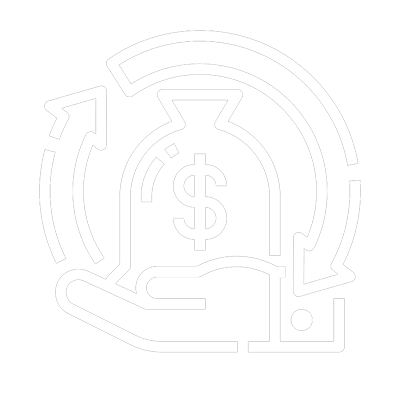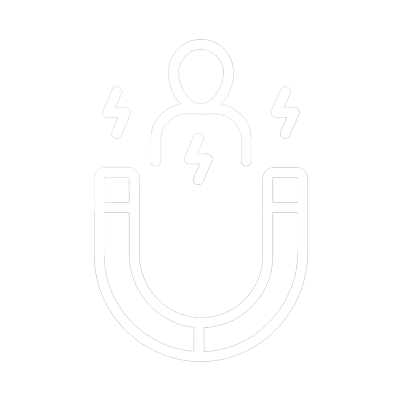In a past blog post, we talked about the benefits of AI in healthcare. Using AI has allowed for doctors, researchers, and healthcare professionals to be assisted effectively in diagnosis, better care, better prevention, and reduced costs to name a few.
In the healthcare setting, various types of AI techniques and tools are used to address different challenges and tasks. Here are some common types of AI used in healthcare:
Machine Learning (ML)
Machine learning algorithms enable computers to learn from data and improve their performance over time without being explicitly programmed. ML is widely used in healthcare for tasks like medical imaging analysis, patient risk prediction, disease diagnosis, and treatment recommendation.
Natural Language Processing (NLP)
NLP focuses on enabling computers to understand and interpret human language. In healthcare, NLP is used for tasks like extracting information from medical records, analyzing clinical notes, and enabling voice-based interactions with virtual assistants.
Deep Learning:
Deep learning is a subset of machine learning that uses artificial neural networks inspired by the structure of the human brain. It excels at processing complex and large-scale data. Deep learning is utilized in healthcare for tasks such as image recognition in medical imaging, natural language understanding, and genomics analysis.
Computer Vision
Computer vision involves teaching computers to understand and interpret visual information from images or videos. In healthcare, computer vision is applied in tasks like detecting abnormalities in medical images, analyzing histopathology slides, and assisting with robot-assisted surgeries.
Expert Systems
Expert systems are AI systems designed to mimic human expertise and knowledge in a specific domain. These systems use rule-based reasoning and decision-making processes to provide recommendations or assistance to healthcare professionals. They are used in tasks like clinical decision support, drug interaction checking, and medical guidelines adherence
Robotics and Automation
Robotics and automation involve the use of AI-driven robots and machines to perform tasks in healthcare settings. This includes robot-assisted surgeries, medication dispensing, patient monitoring, and physical therapy.
These are just a few examples of AI techniques employed in healthcare. Each type of AI has its unique strengths and applications, and their combination allows for a wide range of possibilities in improving patient care, diagnostics, treatment, and administrative processes in the healthcare industry.





